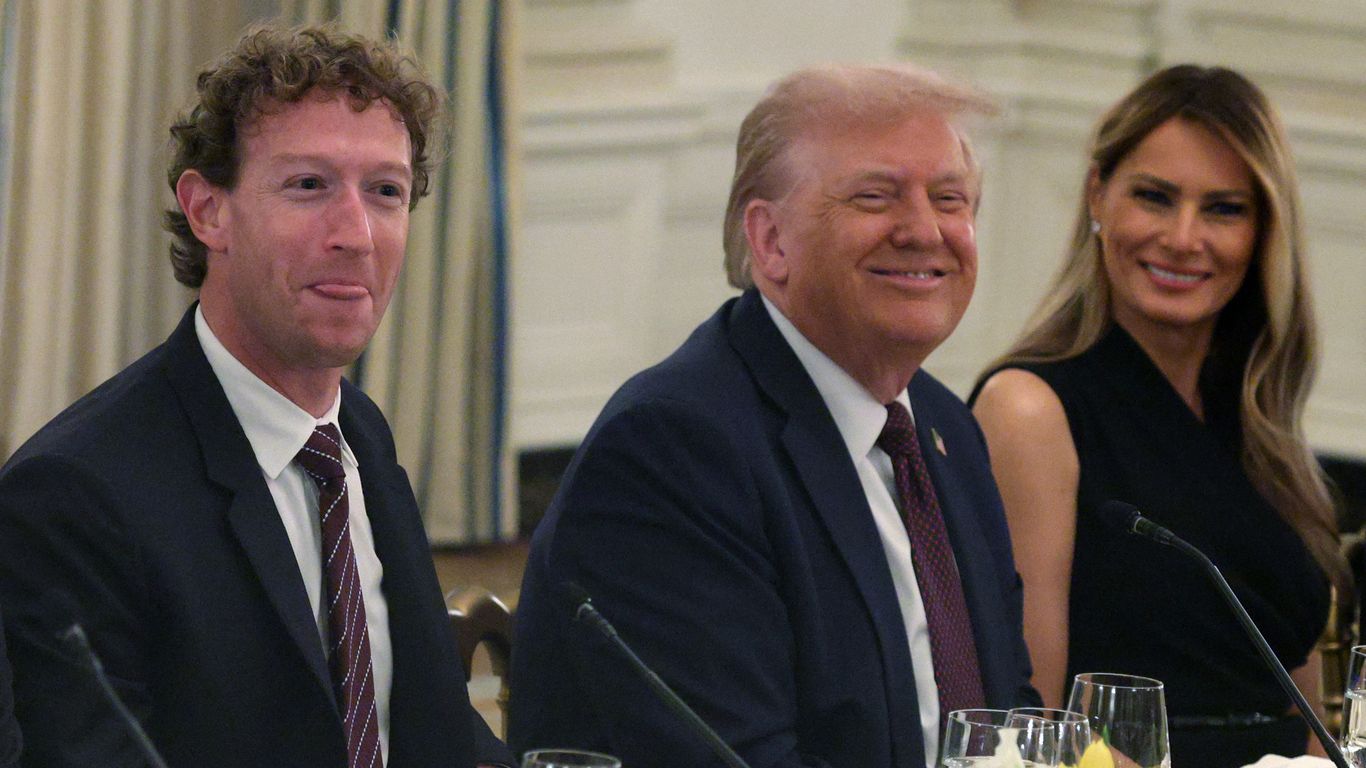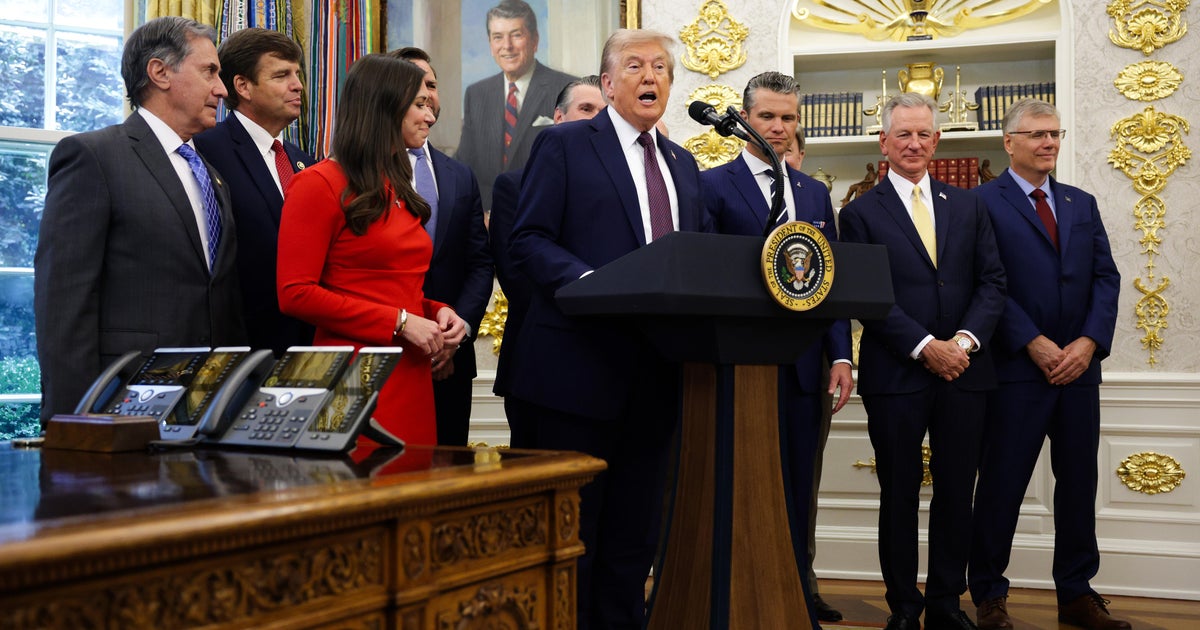The Fall of French Government

The Collapse of the French Government
The French government has been thrown into chaos as Prime Minister François Bayrou was ousted in a no-confidence vote on Monday. This political crisis comes at a time of economic strain and mounting geopolitical tensions within the country.
The Vote and Its Consequences
The vote, which was initiated by French lawmakers, was a result of Bayrou's declining popularity and growing discontent with his policies. His dismissal has left the country without a government, causing uncertainty and instability. This comes as France is facing a struggling economy and increasing tensions with neighboring countries.
The Future of France
With the collapse of the government, the future of France remains uncertain. The country will now have to navigate through a power vacuum and potential snap elections, further adding to the already tense political climate. This also raises concerns for the future of the French economy and the country's role in the international stage. The impact of this political crisis will be felt for months to come.
About the Organizations Mentioned
French Government
The French Government, officially known as the Government of the French Republic, is the executive authority responsible for implementing laws, managing public policy, and overseeing the administration of France. Rooted in the revolutionary ideals of 1789, the modern French government operates as a parliamentary democracy with a semi-presidential system, blending the powers of a president (head of state) and a prime minister (head of government). The president appoints the prime minister, who then forms a cabinet of ministers responsible for sectors such as economy, technology, education, and infrastructure. France’s government is structured around three branches: executive (president and government), legislative (bicameral Parliament), and judiciary. The Council of Ministers, chaired by the president, meets weekly to shape national policy. The government’s reach extends from national strategy to regional and local administration, with 18 regions, 96 departments, and thousands of municipalities ensuring decentralized governance. Historically, France has been a pioneer in democratic governance, notably establishing the concept of the separation of powers. Key achievements include the creation of a robust social welfare system, significant investments in public transport and digital infrastructure, and leadership in European Union policy-making. France is also a global leader in nuclear energy, aerospace, and digital innovation, with government initiatives supporting tech startups and green technologies. As of 2025, the French government continues to navigate complex challenges, including digital transformation, economic competitiveness, and public trust. Recent administrations have prioritized innovation, with policies aimed at boosting France’s tech sector and digital sovereignty. Despite occasional political instability—such as the record-short Lecornu government in September 2025—France remains a full democracy, ranking highly in civil society participation and policy influence. For business and technology leaders, the French government’s commitment to innovation, regulatory clarity, and public-private collaboration makes it a dynamic player in the global landscape.
















